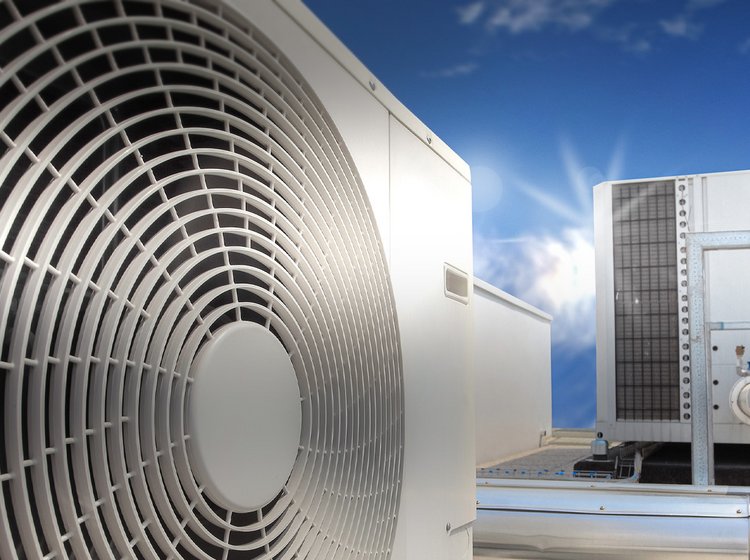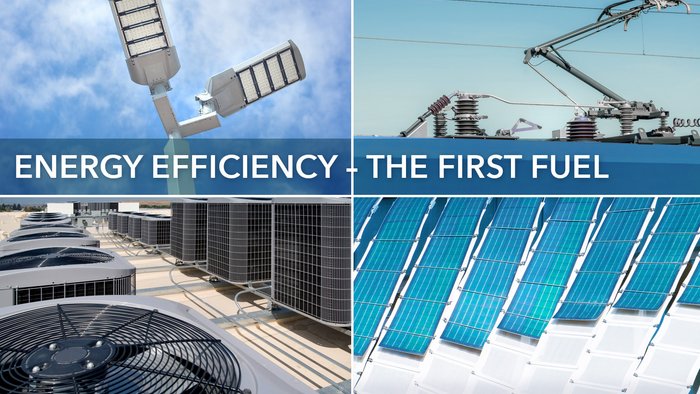THE WEBSITE YOU ARE SEEKING TO ACCESS IS MADE AVAILABLE BY AQUILA ENERGY EFFICIENCY TRUST PLC (THE "COMPANY") IN GOOD FAITH AND IS PROVIDED FOR INFORMATION PURPOSES ONLY.
ON THIS WEBSITE IS NOT DIRECTED AT NOR SHOULD IT BE ACCESSED BY PERSONS LOCATED IN THE UNITED STATES, AUSTRALIA, CANADA, JAPAN, SINGAPORE, SOUTH AFRICA OR ANY OTHER JURISDICTION WHERE IT WOULD BE UNLAWFUL TO DO SO (“RESTRICTED JURISDICTION”).
Please read this notice carefully – it applies to all persons who view this website. Please note that the terms set out below may be altered or updated without notice. You should read the following provisions in full each time you visit the site. If you access the information on this website, you agree to be bound by the terms set out below. If you do not agree to the terms, please do not access this website. Viewing the materials you are seeking to access may not be lawful and is not for release, publication or distribution, in whole or in part, directly or indirectly, in certain jurisdictions. In other jurisdictions only certain categories of person may be allowed to view the materials.
The information on this website is for information purposes only and does not constitute or form a part of any offer, inducement or invitation to sell or issue, or the solicitation of any offer to purchase or subscribe for, any securities, service or product in the Company. Any subscription for securities in the Company may be made only pursuant to a prospectus which provides detailed information about the Company and the securities to be offered (the "Prospectus"). Particular attention should be paid to the “Risk Factors” section of the Prospectus which will highlight specific risks relating to the Company. All investment is subject to risk. Past performance is not necessarily a guide to future performance. The value of investments and any income derived from them can go down as well as up and the value of an investor's investment may be volatile due to, among others, interest rate and exchange rate movements.
No securities of the Company have been or will be registered under the US Securities Act of 1933, as amended (the "Securities Act") or under the securities laws of any state or other jurisdiction of the United States and may not be offered, sold or delivered, directly or indirectly, in or into the United States, or to or for the account or benefit of any US person (within the meaning of Regulation S under the Securities Act). In addition, the Company has not been, and will not be, registered under the United States Investment Company Act of 1940, as amended, and the recipient of the information on this website will not be entitled to the benefit of that act. There will be no public offer of securities in the United States.
Any persons located outside the United Kingdom who wish to view the information on this website must first satisfy themselves that they are not subject to any local requirements that prohibit or restrict them from doing so and that the Company are not otherwise prohibited from providing the information on this website to that person in that jurisdiction. If you are not permitted to view this website or are in any doubt as to whether you are permitted to view this website, please exit this website immediately by clicking on the "Disagree" button below. The contents of this website must not be released or otherwise forwarded, distributed or sent, directly or indirectly, in whole or in part, to any Restricted Jurisdiction, including the United States, Australia, Canada, Singapore, the Republic of South Africa, Japan or any other jurisdiction where the distribution of such materials would or may breach any applicable law or regulation or would require any registration or licensing within such jurisdiction. Persons receiving any such materials (including, without limitation, custodians, nominees and trustees) should observe these restrictions and must not, directly or indirectly, in whole or in part, forward, distribute or send them in, into or from any jurisdiction outside the United Kingdom. Neither the Company, Aquila Capital Investmentgesellschaft mbH ("Aquila") nor their respective advisers accept any responsibility for any violation by any person of any of these restrictions.
Basis of access
Access to this website is for information purposes only. Any person seeking access to this website represents and warrants to the Company and to Aquila that they are doing so for information purposes only. Making this website available does not constitute an offer to issue or sell, or the solicitation of an offer to subscribe for or buy, securities in the Company. Further, it does not constitute a recommendation by the Company or Aquila or any associated company or any other person to sell, subscribe for or buy securities in the Company. The information on this website is general in nature and does not in any way constitute financial, investment, tax, legal or other professional advice. Visitors to this website are encouraged to seek individual advice from their legal, financial, tax, personal and other advisers before making any investment or financial decision or purchasing any financial, securities or investment related service or product.
None of the Company, Aquila, Peel Hunt LLP (“Peel Hunt”) or any other person has, or accepts: (i) any responsibility or duty to update any information, document or announcement contained on this website and the Company reserves the right to add to, remove or amend any information available on this website at any time; or (ii) any responsibility in respect of any information contained on any other website which may be linked to or from this website.
Peel Hunt, which is authorised and regulated in the United Kingdom by the FCA, is acting exclusively for the Company and no-one else in connection with any issue or placing programme of the Company or in relation to the matters referred to on this website and will not regard any other person (whether or not a recipient of information from this website) as its client in relation to any issue or placing programme or in relation to the matters referred to on this website and will not be responsible to anyone other than the Company for providing the protections afforded to its clients or for providing advice in relation to any issue or the placing programme, the contents of this website or any transaction or arrangement referred to on this website or any other website which may be linked to or from this website.
The information on this website is general in nature and may be subject to amendment and updating without notice. None of the Company, Aquila, Peel Hunt nor any of their advisers guarantees the accuracy or completeness of any information on this website and each such person disclaims all representations and warranties, whether express or implied, to the greatest extent permitted by applicable law and regulation, including, without limitation, representations and warranties regarding accuracy, timeliness, completeness, non-infringement, merchantability or fitness for any particular purpose and the Company, Aquila, Peel Hunt and their advisers assume no responsibility to you or any third party for the consequences of any errors or omissions. By continuing to use this website, you agree to the exclusion by such persons, to the greatest extent permitted by applicable law and regulation, of any and all liability for any direct, indirect, punitive, consequential, incidental, special or other damages, including, without limitation, loss of profits, revenue or data arising out of or relating to the provision of and your use of this website and its content.
Certain information on this website is of a historical nature and may be out of date. All historical information should be understood to speak from the date of its publication.
Ownership/Redistribution Prohibited
Unless otherwise expressly noted, all content included on this website, including, without limitation, images, logos, articles and other materials, are protected by copyrights, and/or other intellectual property owned, controlled or licensed by Aquila, the Company or their affiliates. All trademarks and logos displayed on this website are the property of their respective owners, who may or may not be affiliated with Aquila or the Company. Visitors are responsible for complying with all applicable copyright, trademark and other applicable laws. You may not alter or otherwise make any changes to any material that you print or download from this website, including, without limitation, removing any identifying marks or legends from such material. All other use, disclosure, display or redistribution is strictly prohibited.
Use of Cookies
The Company issues cookies when you use this website which are stored on the hard drive of your computer for the purposes of systems administration. Cookies contain information that is transferred to your computer's hard drive and enables the Company to keep you logged on to this website. You may refuse to accept cookies by activating the setting on your browser which allows you to refuse the setting of cookies. However, if you select this setting you may be unable to access certain parts of this website. By proceeding further, unless you have adjusted your browser setting so that it will refuse cookies, you confirm that you consent to cookies being issued by the Company when you log on to this website.
Governing Law
The terms and conditions of this legal notice shall be governed by and construed in accordance with the laws of England. Visitors agree that any dispute or action at law or in equity arising out of or relating to these terms or any visitor's use of this website shall be commenced only in the English courts and visitors hereby consent and submit to the personal jurisdiction of such courts for the purposes of any such dispute or action.

